Investing in property with little money is not impossible.
When you heard the word ‘investing’ or ‘investment,’ you may think of having to put in large sums of money.
The general assumption about investing is that it is reserved only for the rich with “disposable cash.” This way of viewing investing makes it seem too intimidating for regular folks like you and me to participate.
While the truth is, investing does not need to be expensive! It does not even have to be limited to the rich or those who have “disposable cash.” Investing is for everyone!
Investing does not require having a six-digit salary or a prestigious background; all it needs is educating yourself, planning, and finding out your priorities.
Further reading:
On the other hand, ever wonder how to invest in property with little money? Investing in real estate refers to owning properties to generate passive income through rental or market value appreciation.
Still, money has to come in somewhere for you to begin investing with.
If you want to invest in property with little or no money, you need to develop the ability to recognize, understand, and even take advantage of other people’s money. You will still need little cash to make a down payment when opting to finance real estate through conventional loans.
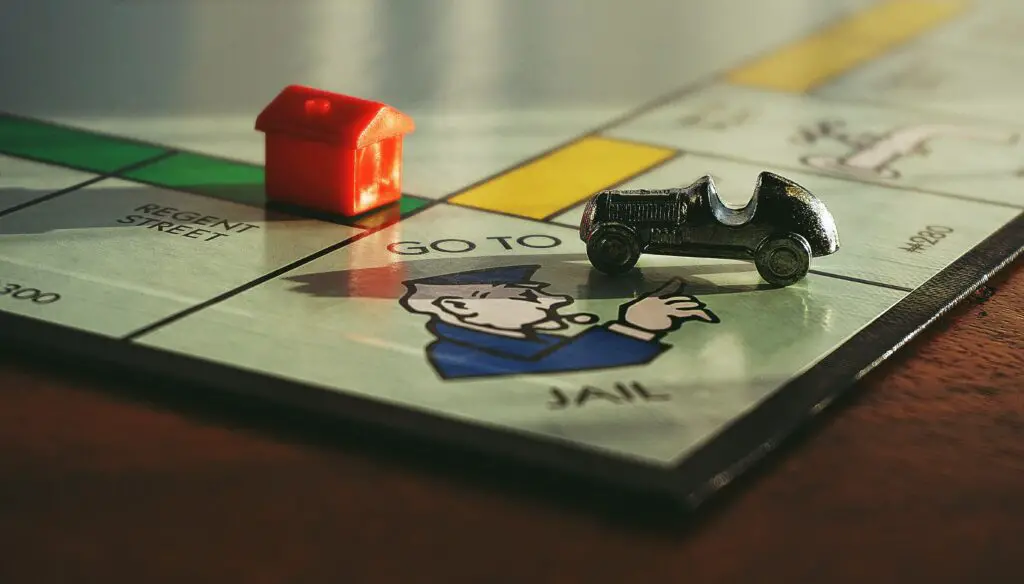
Moreover, if you want to start earning a consistent and reliable passive income, investing in properties is the key. However, the question is, how do I start investing in real estate or where to get the cash to buy a property?
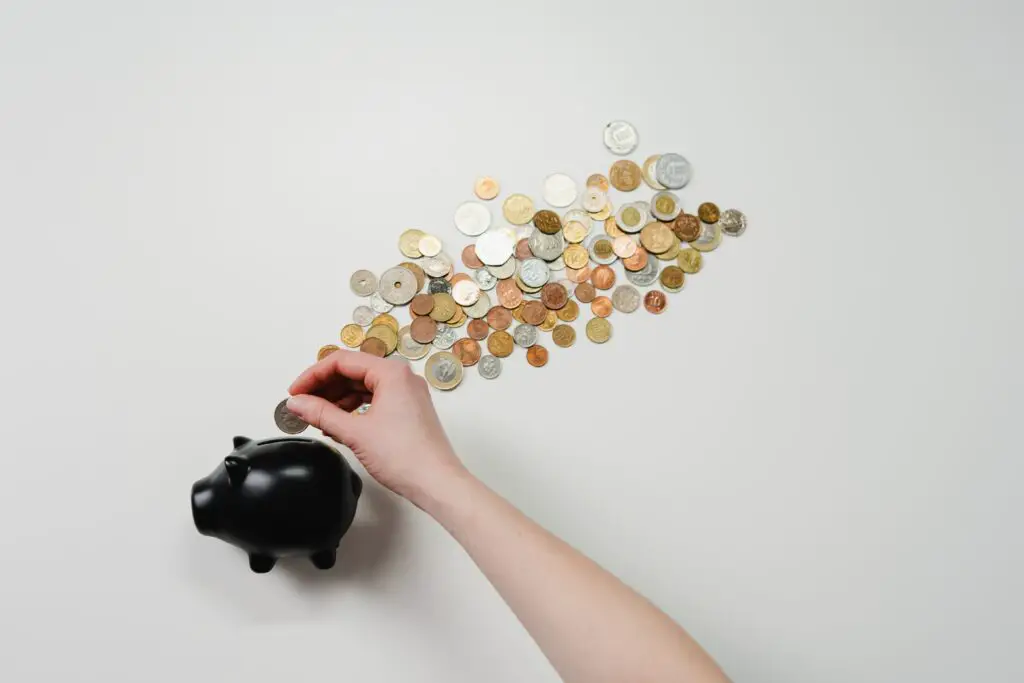
For financially strapped investors and newbies, investing in real estate with no money is an attractive way to test the waters. Besides, investing in real estate is a tried and tested method of building wealth that can last for generations.
Sounds good? Let’s start, shall we?
5 Ways to Invest in Property with little money
Equity Building
The first thing you can do to start investing in property with little money is to purchase your own home, stay there for a minimum of one year, and then move out and turn the house into a rental property. If you don’t have cash-on-hand, you can take out loans from VA or USDA for now.
Aside from that, there are less stringent requirements than an investment property for a primary residence other than the down payment, and credit score requirements. Therefore, living in your investment properties first is a great way to get around the stricter lender rules for real estate investment properties.
Related reads: How to start saving for a house hassle-free
Invest in REITS
Also known as Real Estate Investment Trusts, (REITS) lets you invest in real estate without owning physical property. Additionally, it gives you exposure to real estate without having to be a landlord.
REITs let individual investors earn a share of the income produced through commercial real estate ownership, without having to go out and buy it.
REITs may also invest in the properties themselves (generating income through the collection of rent). They may invest in mortgages or mortgage securities tied to the properties (helping to finance the properties and generating interest income).
You can also maximize the dividends generated from REITS as reportedly, at least 90% of profits are distributed back to investors.
House hacking
Like equity building, you buy a multi-unit property to live in as your primary residence and rent out the remaining units.
For instance, you can move into a small multi-unit property, like a duplex, triplex, or 4-plex, then you rent out the extra units.
Using down payment assistance programs or low down payment loans like the Federal Housing Administration (FHA) and 203k loan, you can buy a property for as little as 3.5% down. While it’s still money out of pocket, it’s a lot better than 20%.
While for few loan programs with small downpayment that you can use for house hacking:
- VA loan (0% down for veterans)
- USDA (0% down in rural areas)
- Conventional loans (3% to 10% down with mortgage insurance)
HELOC
HELOC – Home equity line of credit or home equity loan. This particular type of financing allows you to take out a loan up to 75%-80% of your property’s equity.
It also allows the buyers to capitalize on the equity that they already have. The majority of investors tend to capitalize on their primary home’s equity and then use it to finance the new property.
Seller or Owner Financing
In this approach, the seller becomes the bank.
This method lets you negotiate terms with the seller, and you might also get a lower downpayment. Just make sure to have an explicit mutual agreement beforehand, and both parties should be on equal and fair terms
You may even ask for flexible payment arrangements or offer to do repairs or maintenance in exchange for a lower downpayment or reduced monthly payments proportional to repair or maintenance done.
Bonus Strategies
Well, investing in property with little money is not limited to listed above. There are many strategies to adopt, and here are a few additional strategies we can think of.
Airbnb
Don’t you know that you can generate income from your home or part of your home? List your house on Airbnb and rent out your home (or part of your home.) It is also a low-cost way of investing in property with little money.
It’s similar to the house hacking technique, but you could also grow this into a real business that will bring you a part-time or full-time income.
Become a real estate agent
Technically, not an investing strategy, a career as a real estate agent will help you learn about the real estate world’s ins and outs. Besides, the most significant investment that pays the best interest is an investment in knowledge.
That way, jargons will come easy to you; you can have all the latest market insights and start making money. The investment that you will need is time, knowledge, and energy.
Partnerships
Two is better than one; if you don’t have the initial fund to invest in a property, you can still get through partnerships. Real estate partnerships are common for investing in real estate with little money.
Remember to find someone whom you trust and with a reputable background. We don’t want this to get out of hand, especially when money is involved. There are different ways partnerships may be structured, so it depends on the buyer and the partner to agree mutually.
What is a good way to invest a small amount of money?
Investing is like planting an apple tree that in time would grow into a full-grown tree and bear apple fruits — which could be eaten in the future or in times of need. There we hint at why investing is essential — it is how you can grow money for the future.
No matter how big or small the amount is, it will certainly bear fruits due to the compounding effect.
So, with little or no money, you can certainly invest in:
- Real estate
- Properties
- Stocks (fractional shares)
- ETFs
- Low-investment Business
- Skills
- And many more!
Saving vs. Investing
Saving money is vital for building a better financial future. However, savings are diminished each day due to the power of inflation.
Your savings might have the same amount five or ten years from now, but it would have less purchasing power than it had before.
On the other hand, investing will make your money grow over time and keep the powers of inflation at bay. Investing in the stock market, for example, could provide returns for your savings around 6% to 7%, with inflation factored in. Those returns would allow your savings to grow dramatically over time.
Also, if you decide to reinvest your investment earnings, you will benefit from the compounding effect. What’s important to keep in mind when investing is to plan and think for the long term! Around ten years is usually the minimum when you think and plan on investing.
Investments are for the future, and it is generally not meant to shoulder your expenses for the next few months.
When and how to invest?
Firstly, the primary strategy with investing is that it typically involves a long-term timeline (years). This means you are planning for the future. So, when we start investing, the answer is as soon as possible, especially while still young. The sooner you start investing, the more time your investments (money) will grow.
It is also essential that before you start investing heavily, you should start paying off your debts.
If you have any obligations draining your financial resources each month, you should focus on this first as it is not advisable to have high-interest debt (like with credit cards) and be investing instead of paying down debt. Once you’ve paid your debt, you will be able to invest more comfortably.
The other thing you should start to take note of if you are planning to invest in is to build an emergency fund.
Emergency funds — as the name suggests — are funds that you can use in times of emergencies, whether it be for health reasons, sudden loss of a job, accidents, calamities, and any unforeseen expenses, etc.
Building one would allow you to feel financially secure as you do not have to touch your investments if an emergency arises — you can get money from your emergency fund if the need arises.
Of course, you could also start small to do this, like setting off a percentage from your income for paying debts or for emergency funds.
And lastly, one of the most important things to do before you start investing is to educate yourself! Educate yourself with different types of investments, strategies for investing, basically learning to become financially literate.
How much money do you need to invest in real estate?
For the specifics, if you want to invest in REIT or real estate crowdfunding, it’s possible to invest for as little as $500 or $1,000.
If you’re willing to take the time, you can probably get started investing in your skills and knowledge by enrolling in a course that costs around $500-$2,000 to learn about real estate investing.
And you can also opt for a credit partnership to buy a property directly. You can then ask for financial assistance from banks, government financial institutions, etc., like in the case of a VA loan with a 0% down payment or an FHA loan with a 3.5% down payment.
However, remember that not only the down payment will be covered in your final cost. There will be repair cost, closing cost, maintenance, etc., so let your $1,000 grow more cash before you directly buy a property.
How can I invest in property with no money?
Although investing in real estate is commonly associated with large sums of money, it is possible to invest in real estate with little money. It is possible to buy a property with no money down if you use the right type of financing.
For example, you can take out loans from:
- VA Loan (Veterans administration loan for military veterans or active members)
- USDA (US Department of Agriculture)
- FHA (Federal Housing Administration)
You could also tap into creative financing like a partnership and seller financing.
Final thoughts
To wrap this all up, the best way to start your investment is to get it started as soon as possible, especially when you are still young, or you just started to work right after college. Time is of the essence in investing!
If you are hoping to build wealth over time utilizing investing, start right away!
Nothing happens overnight, and your money will not grow overnight as well, but if you factor in the length of time, then you would be astonished at how well your money grew throughout time.
Most importantly, educate yourself, which would help you make better decisions on investments and handling your finances.
How about you? Are you ready to start investing in property even if you have little money? I hope you’ve found the ideas in this article helpful.
Let us know on the comment box below if you’ve tried any of these financing strategies or found success using other methods to invest in property with little money or grow your real estate business.
Cheers to boosting your finance and making your money work for you!


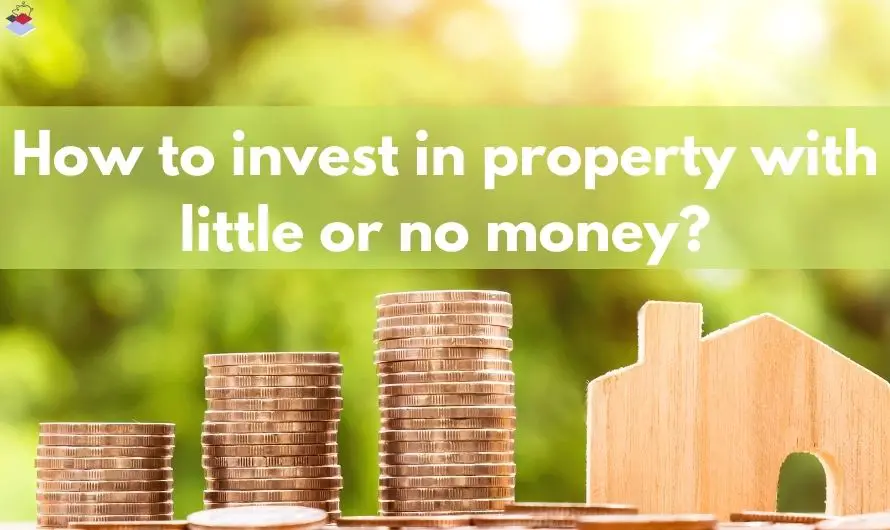
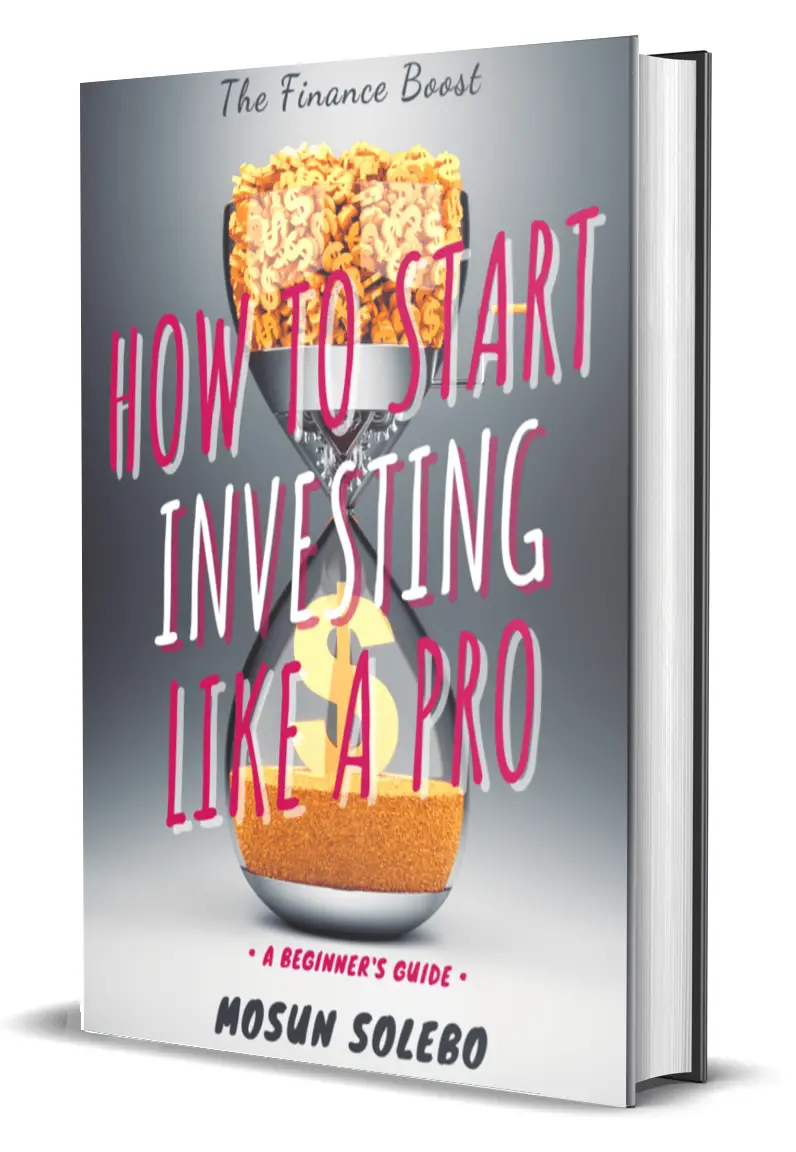
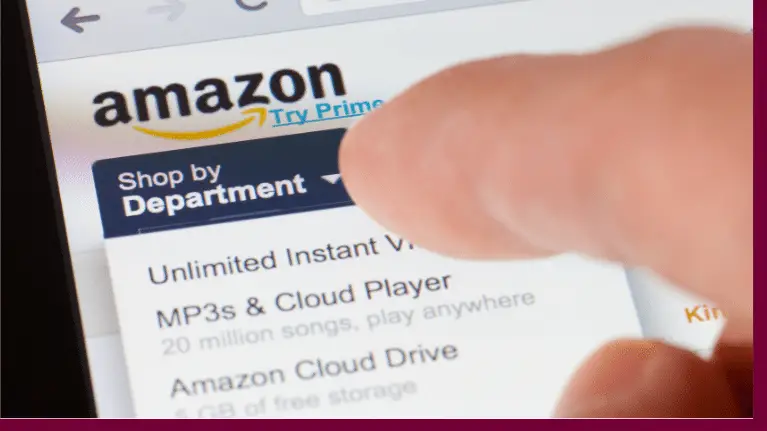


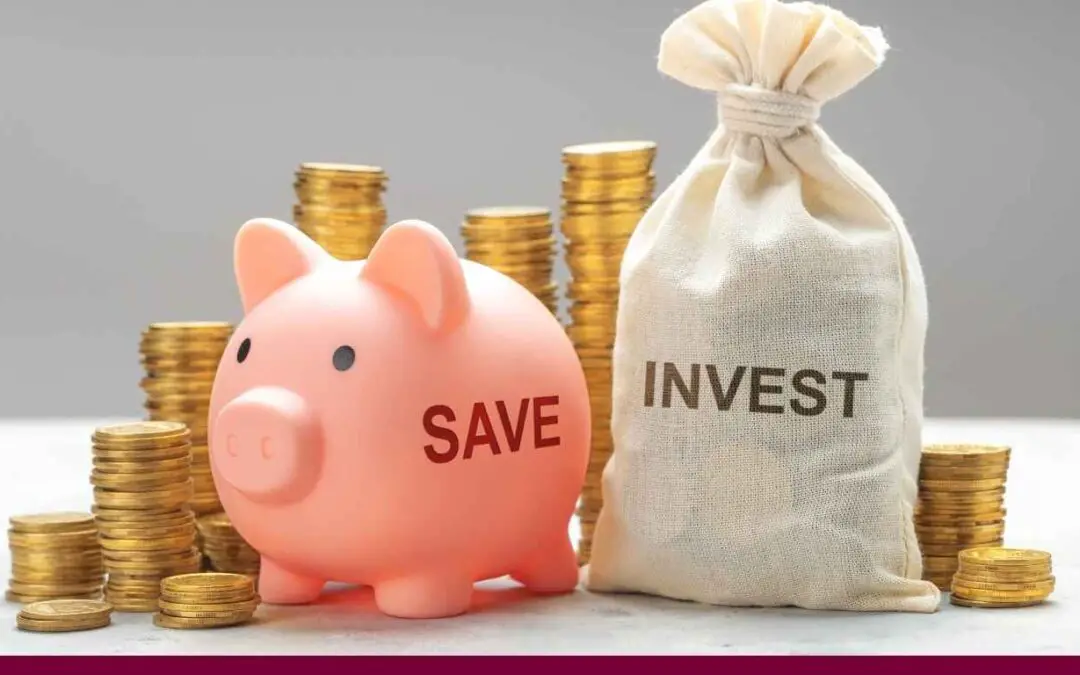
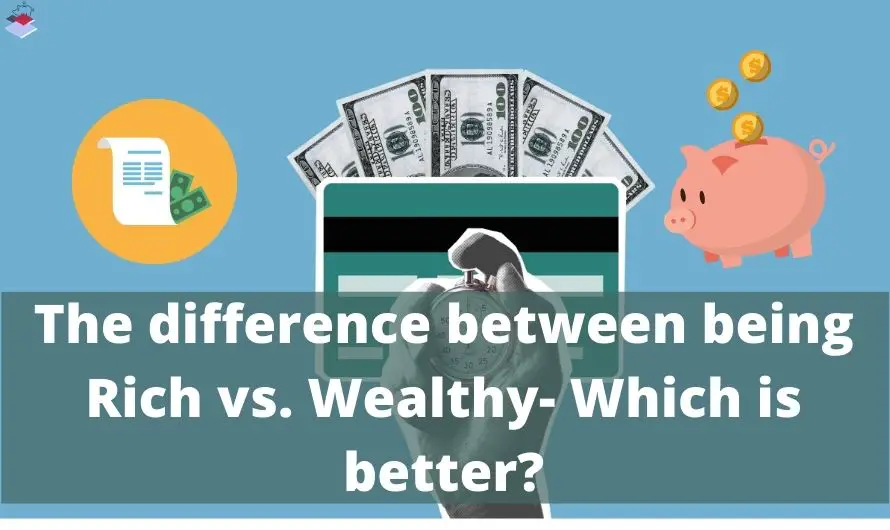

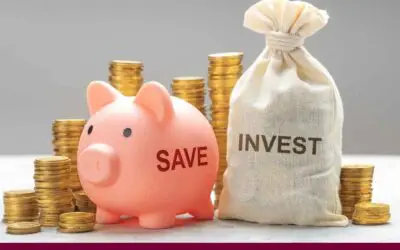
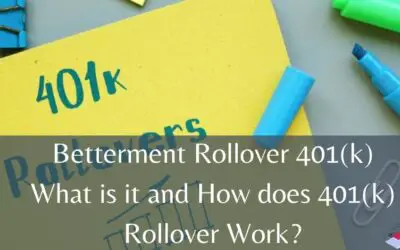
0 Comments